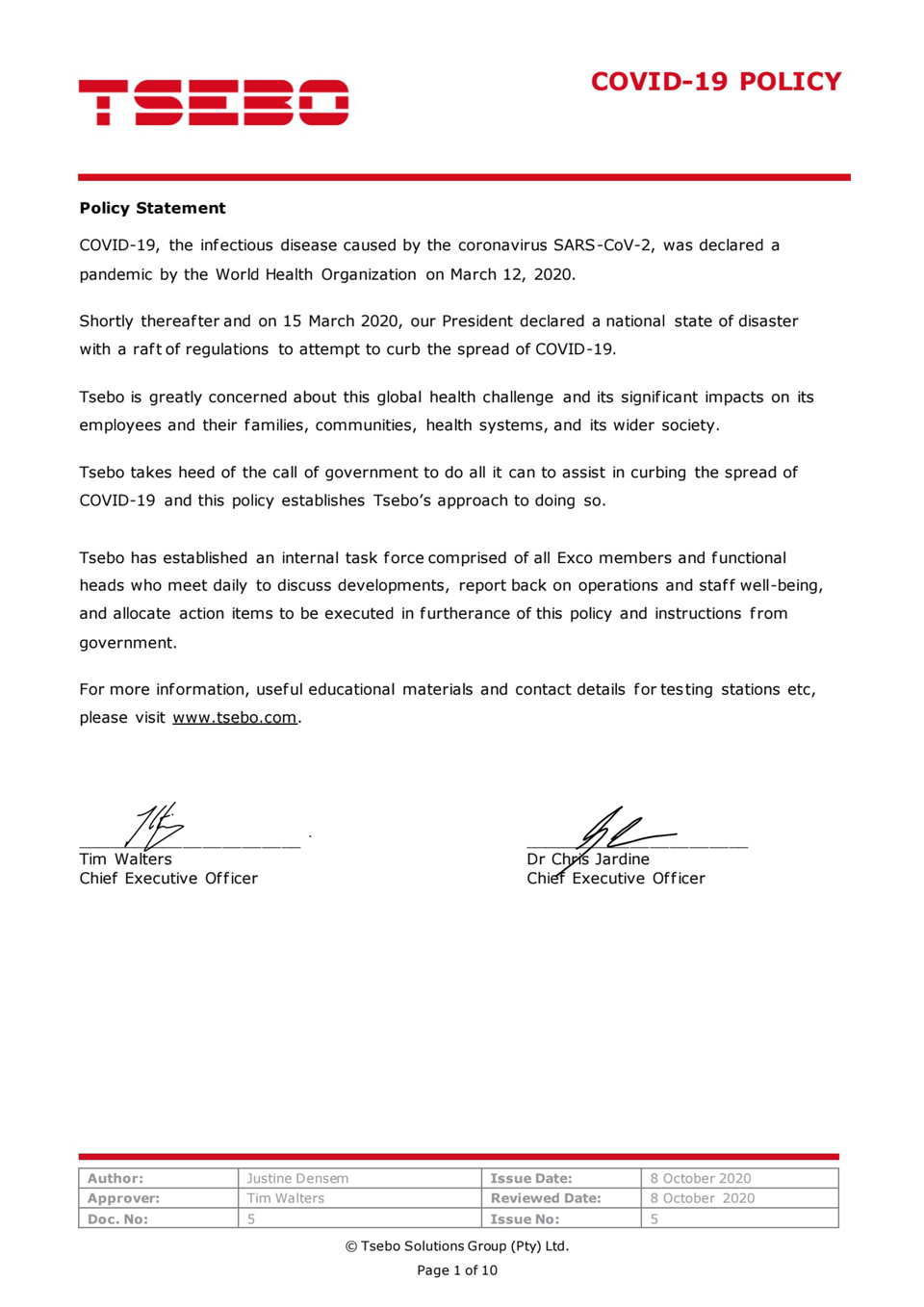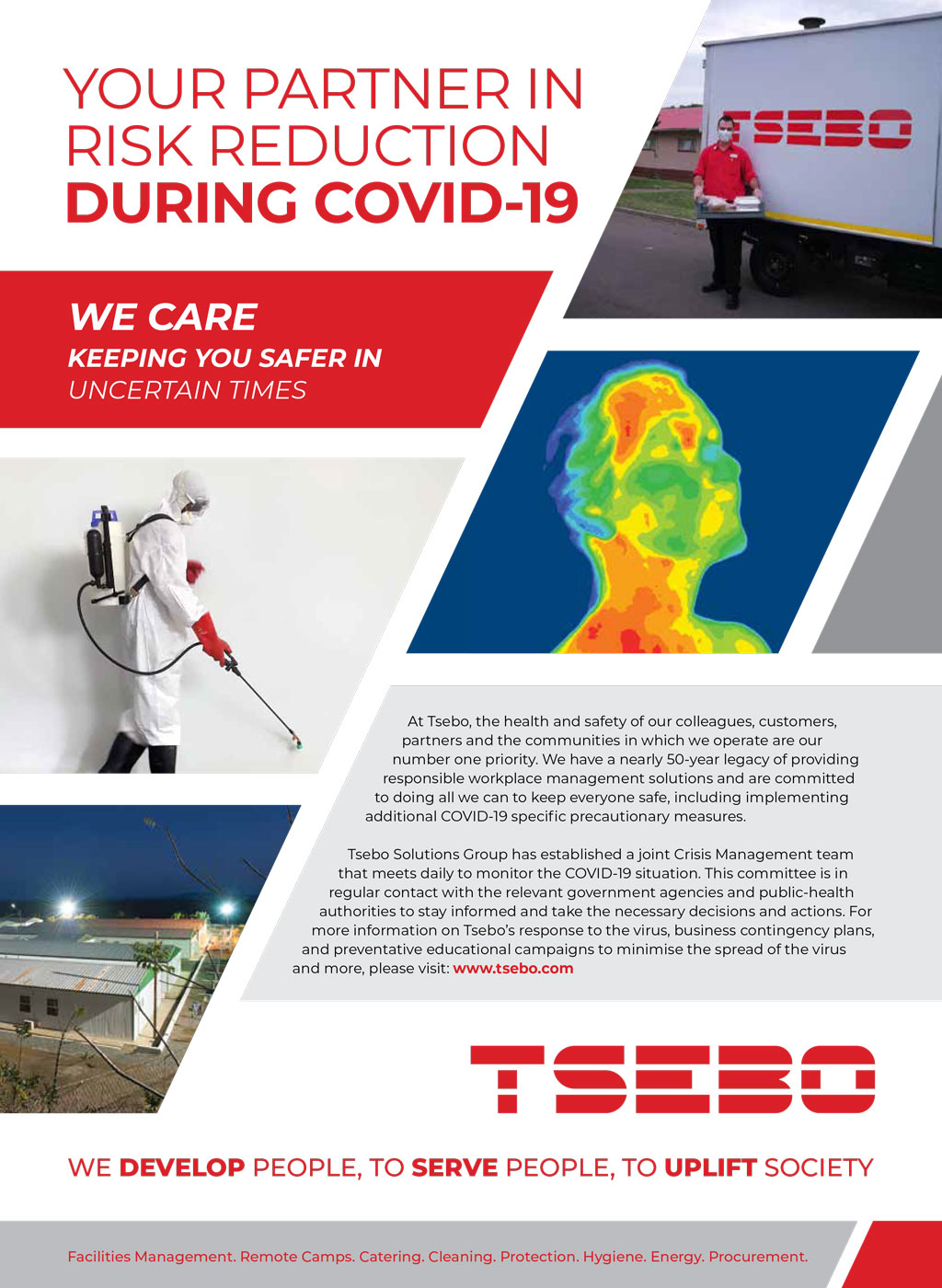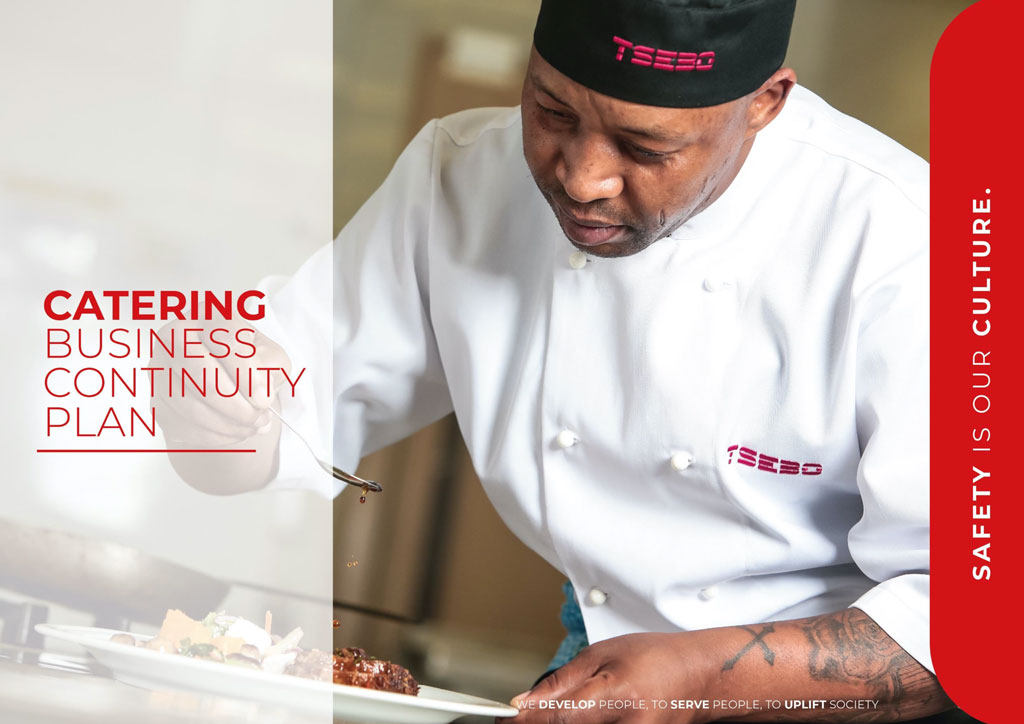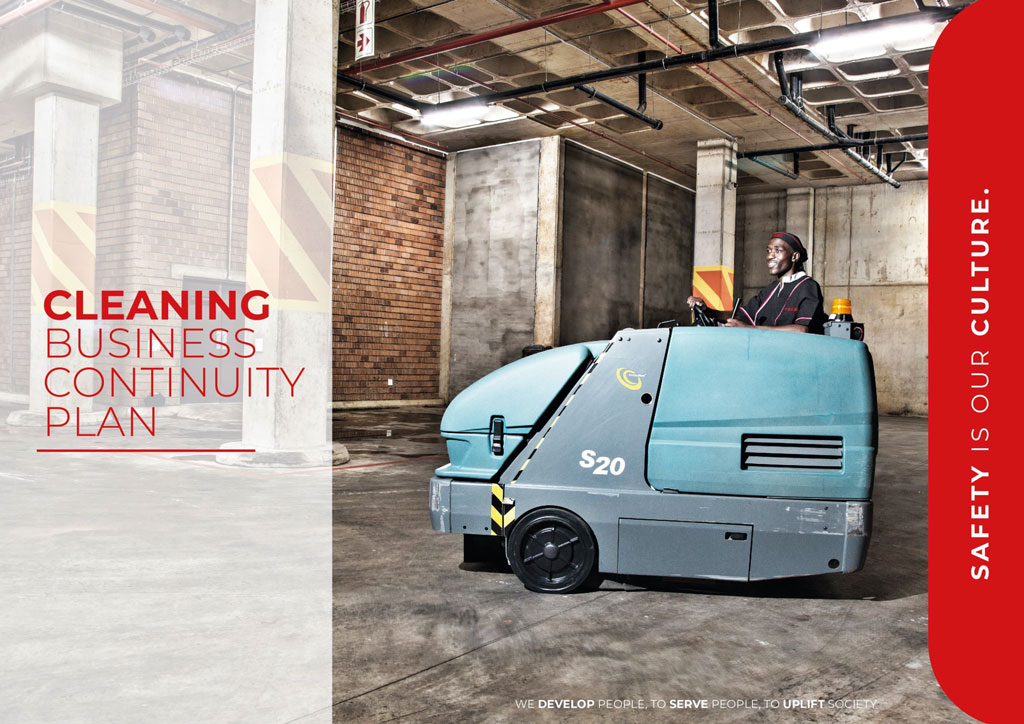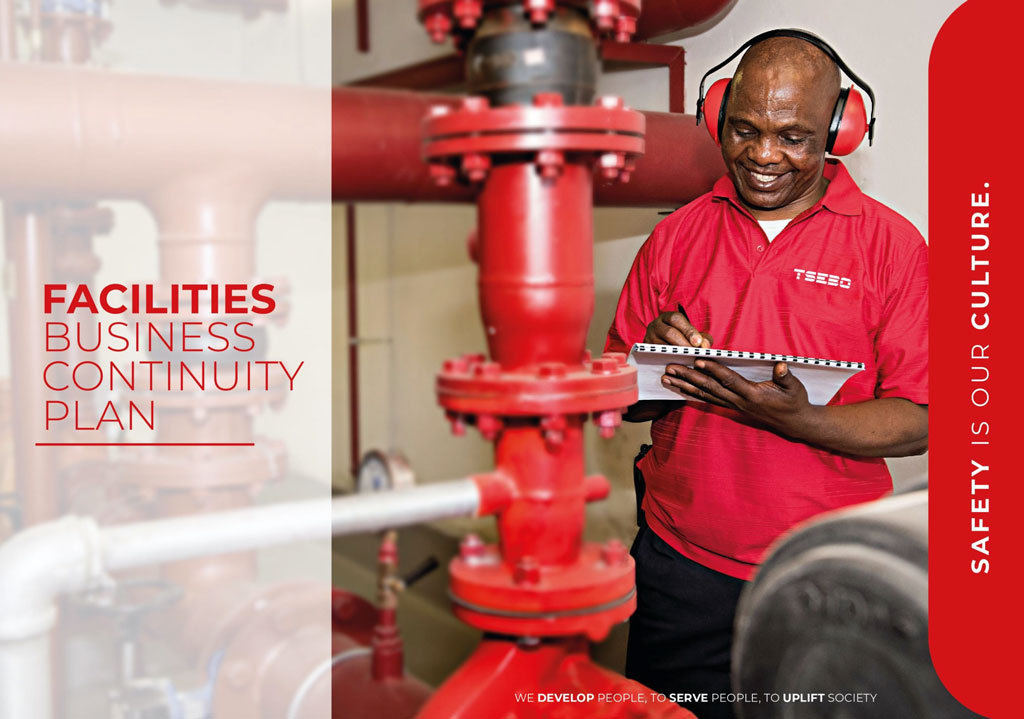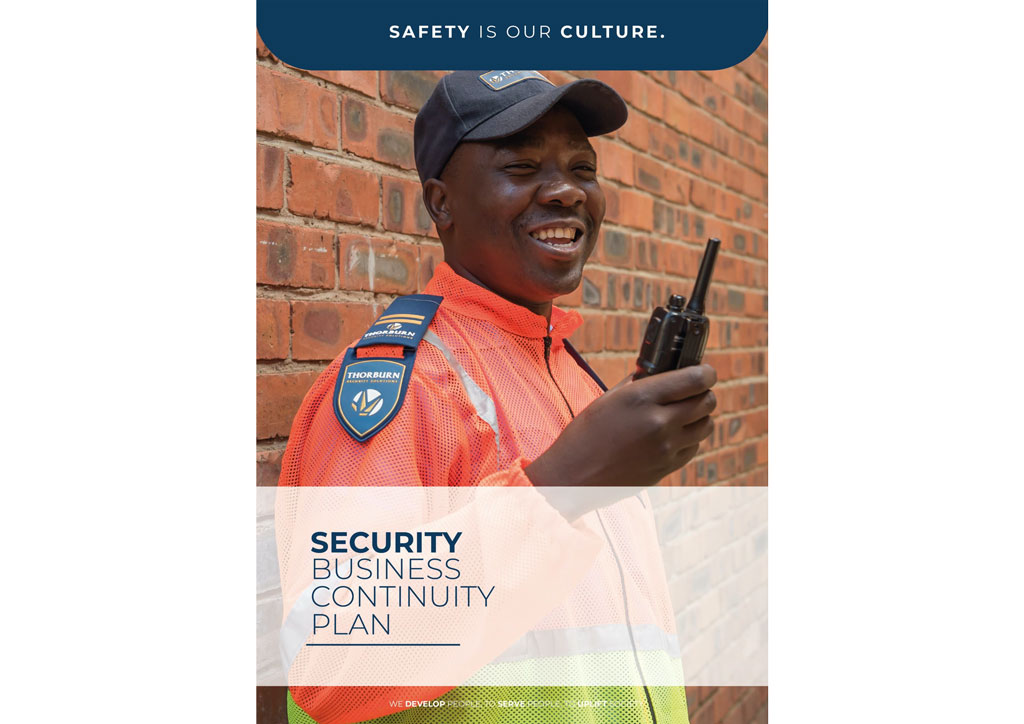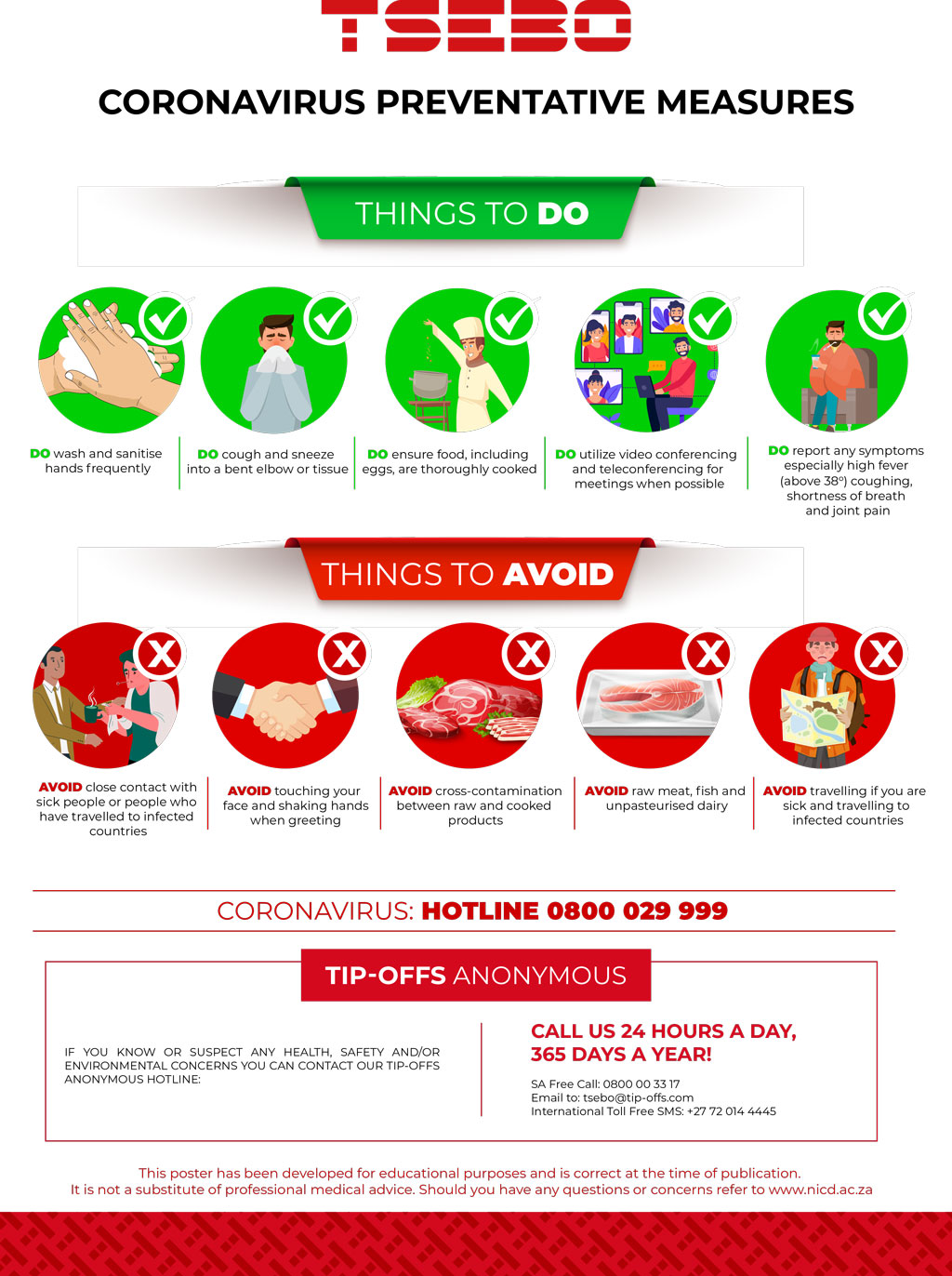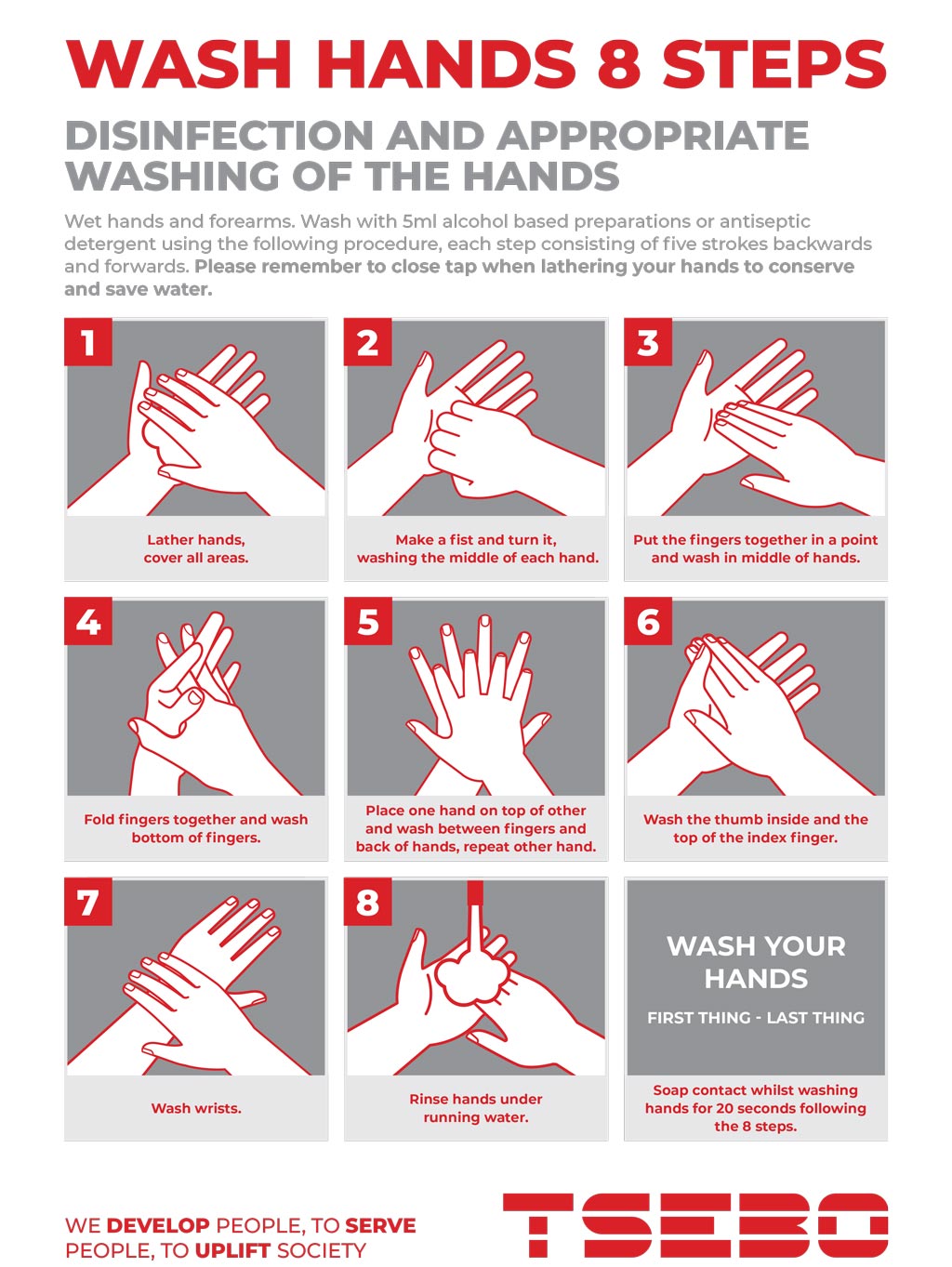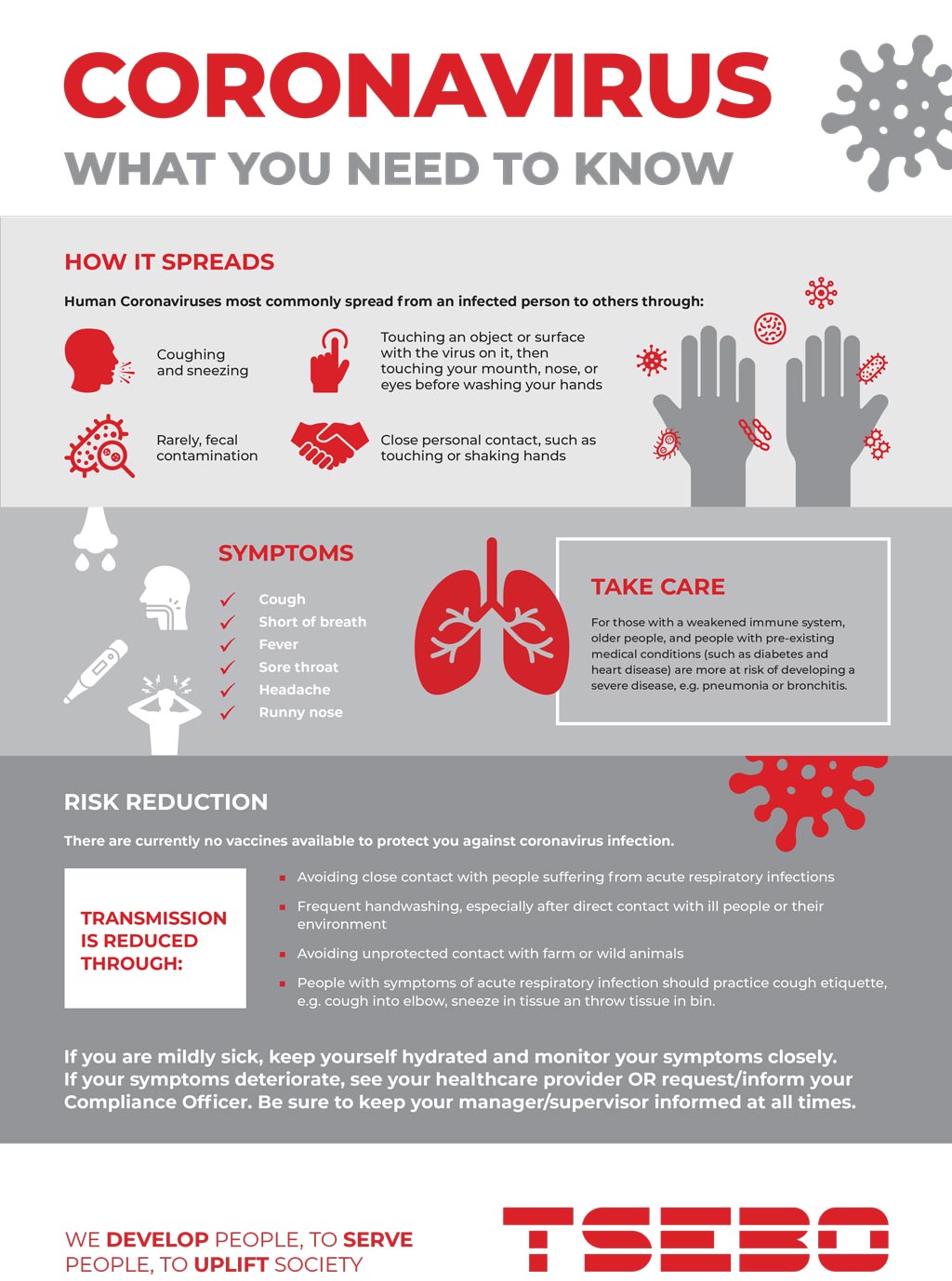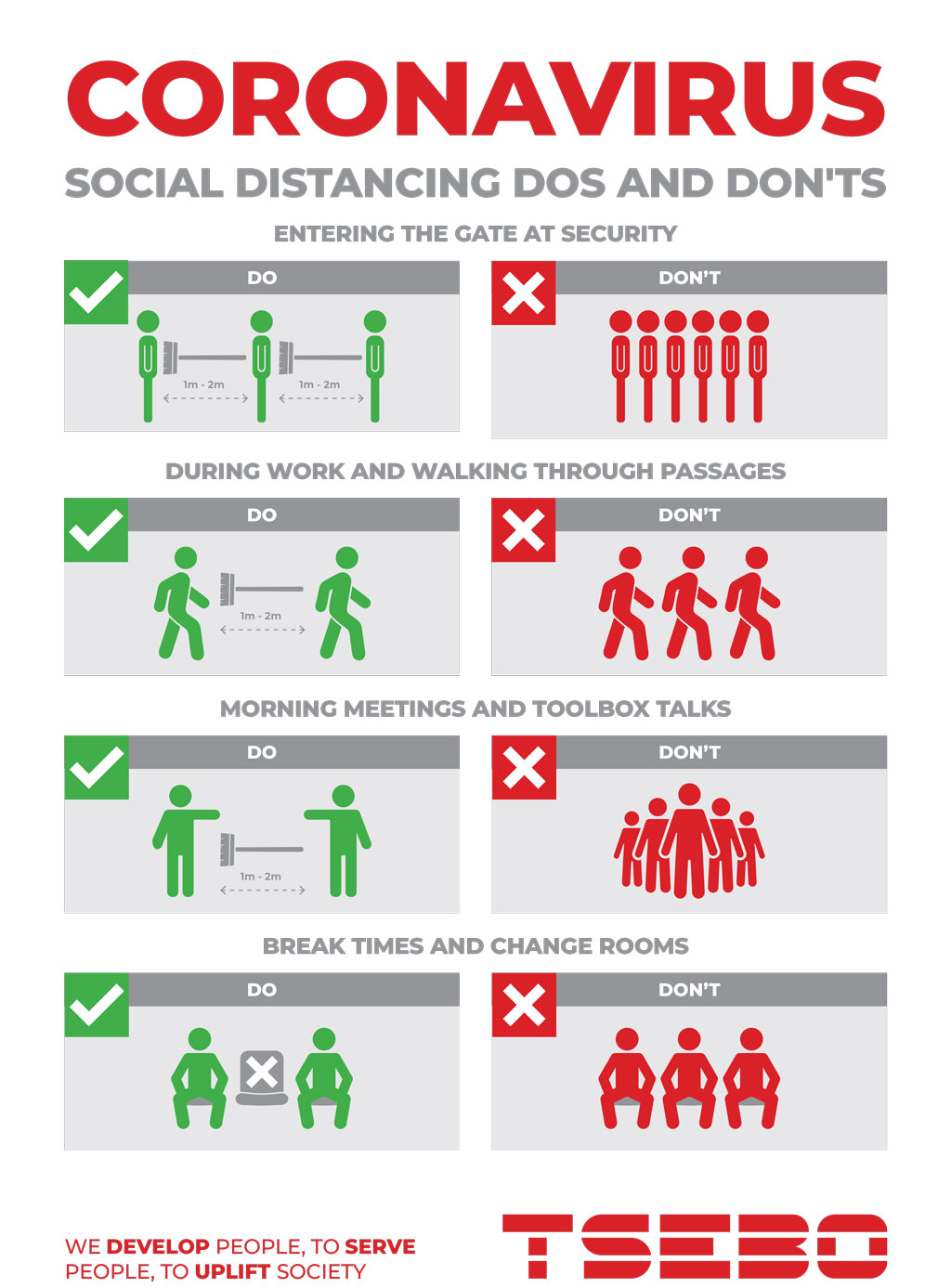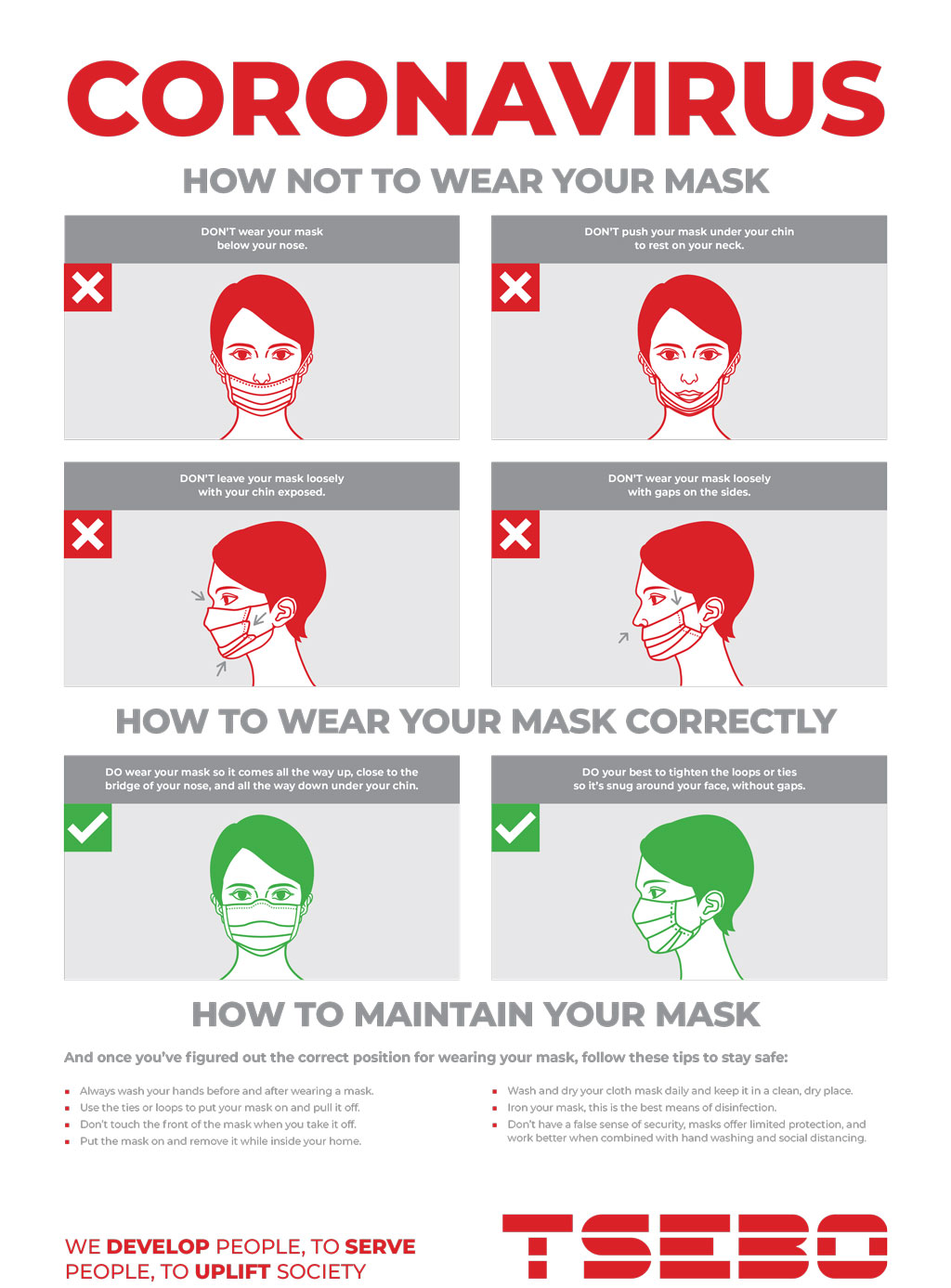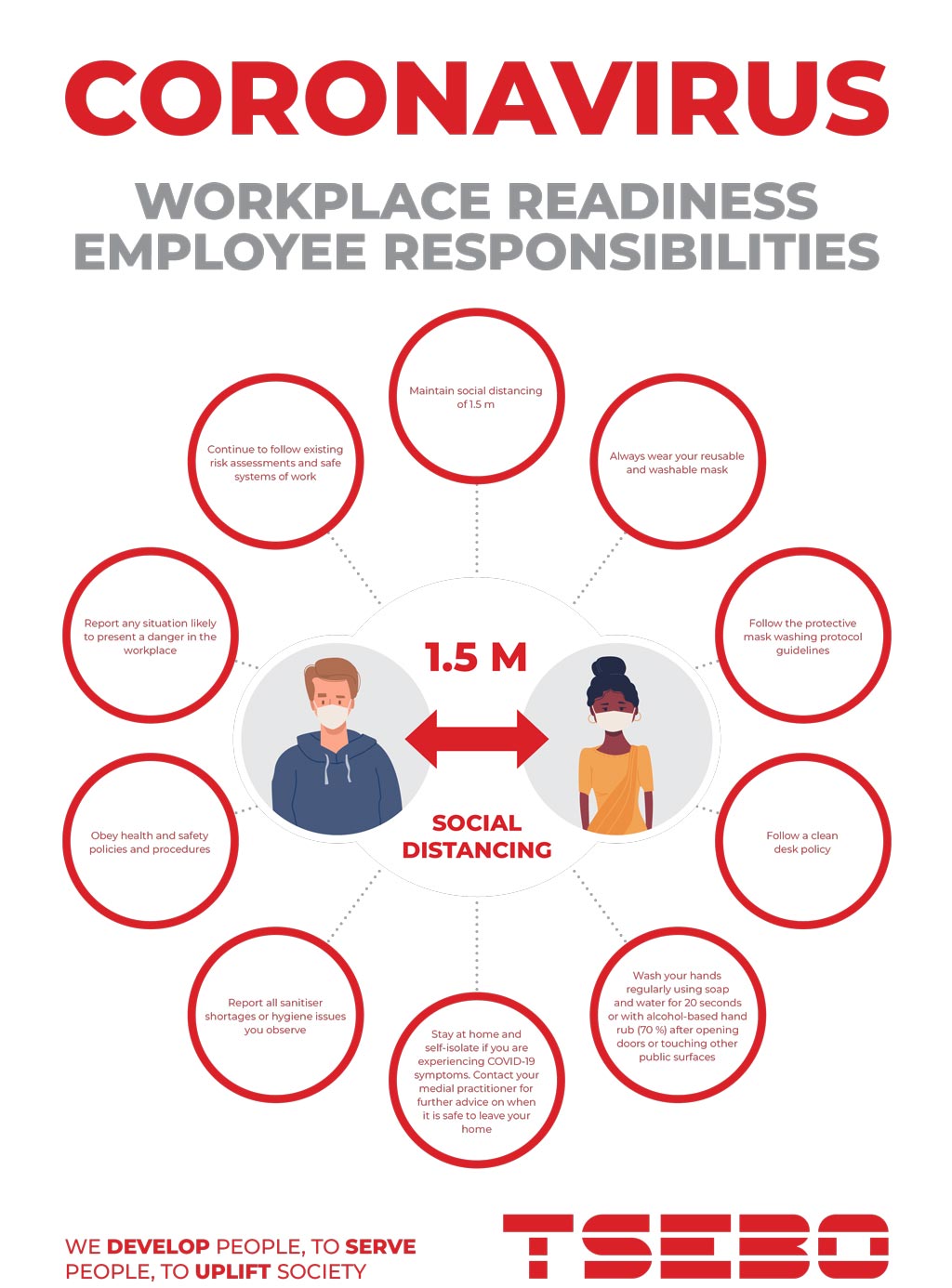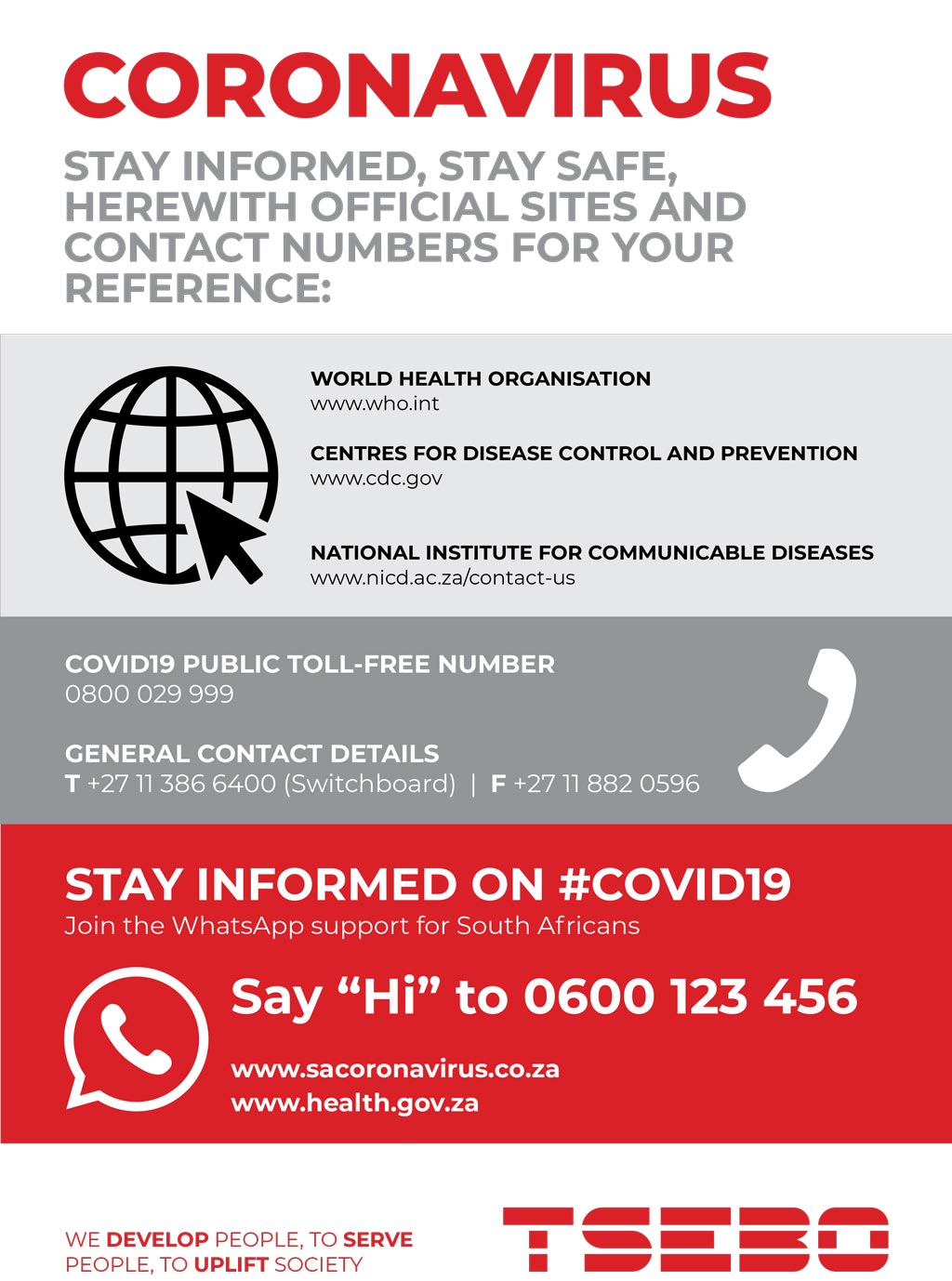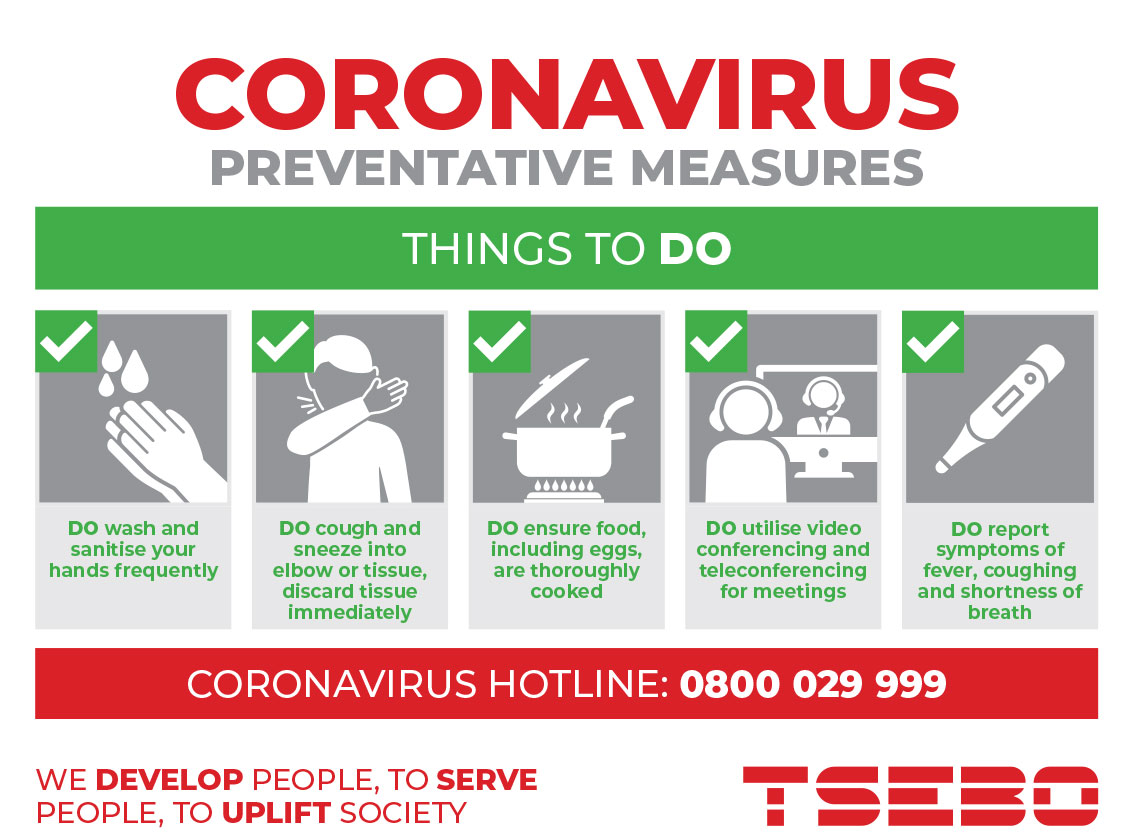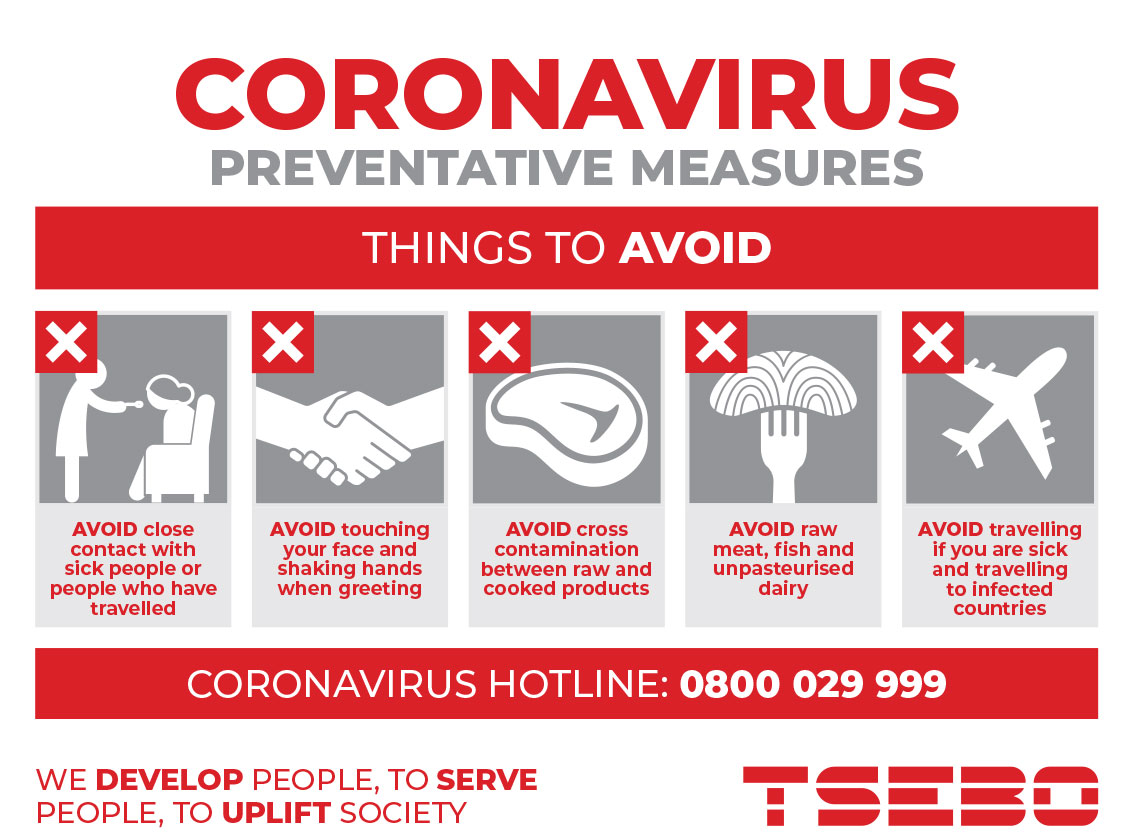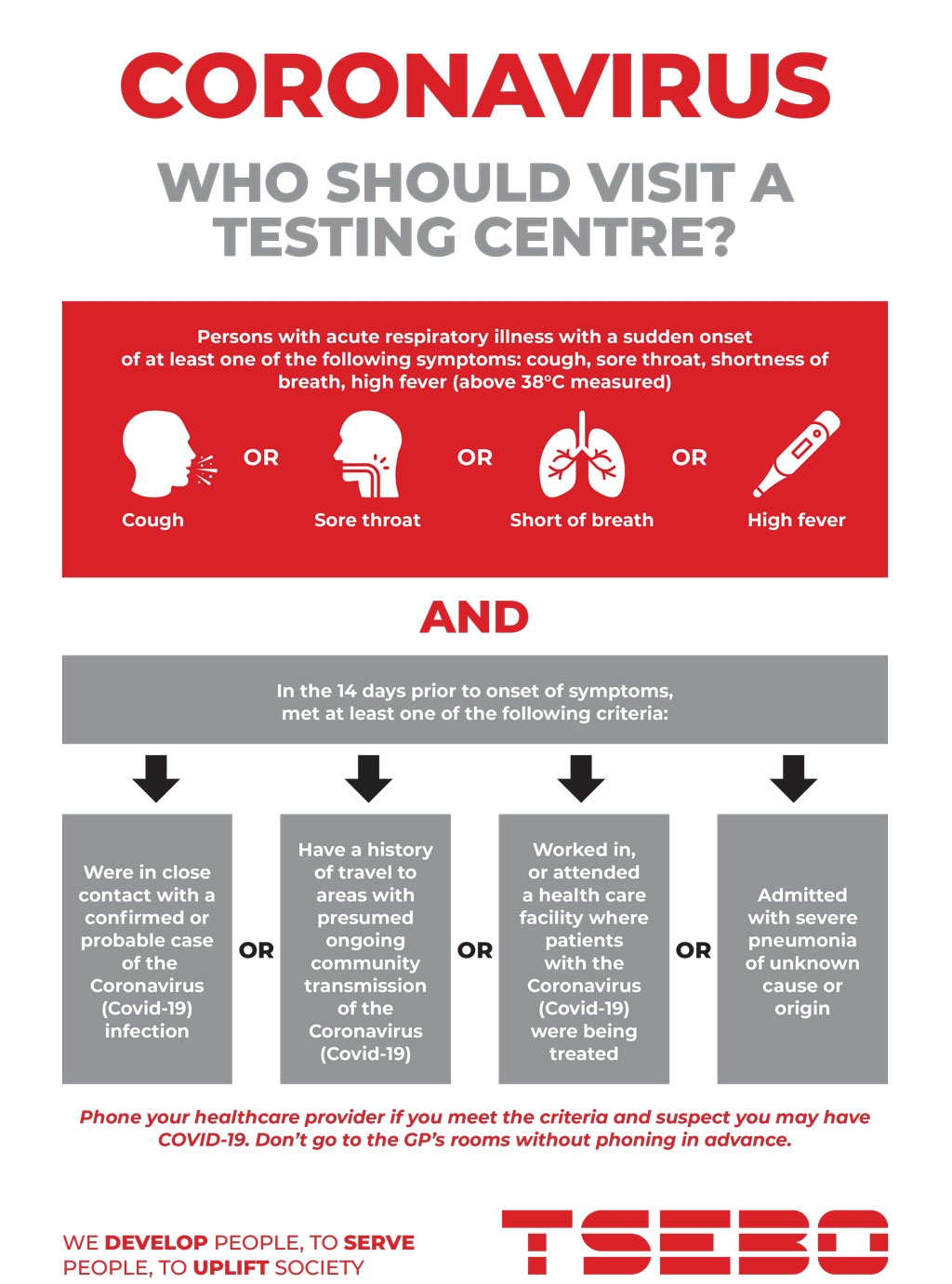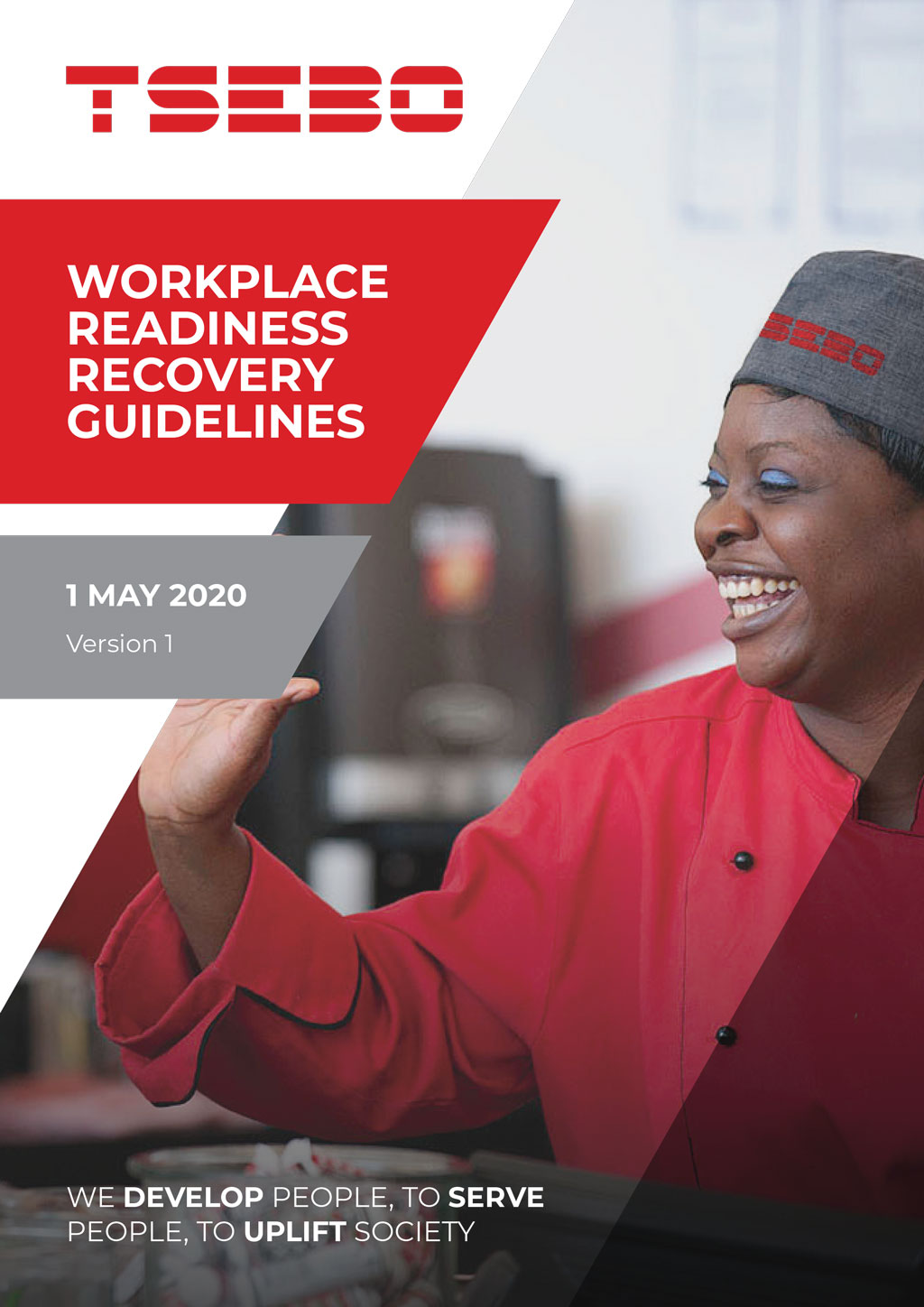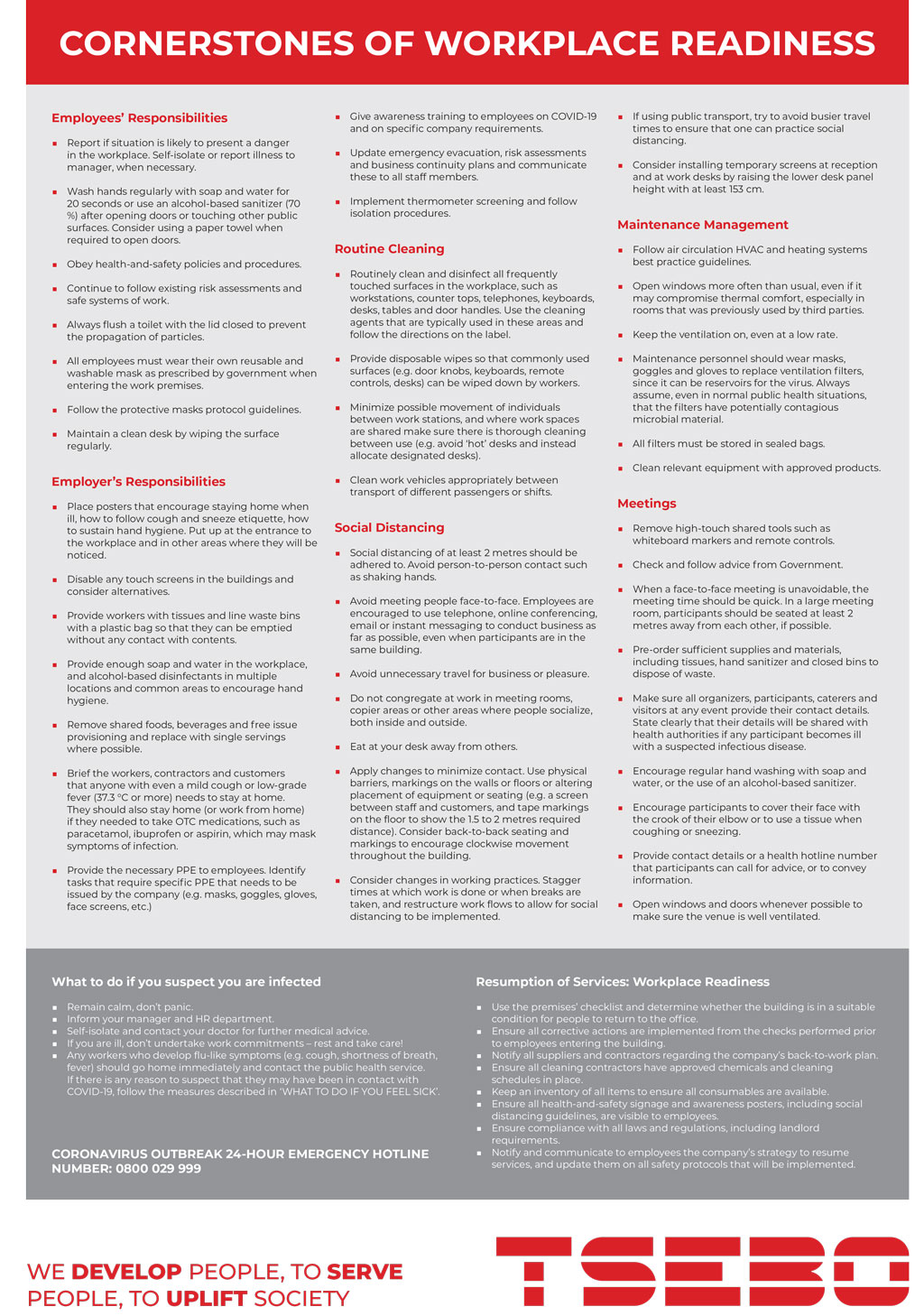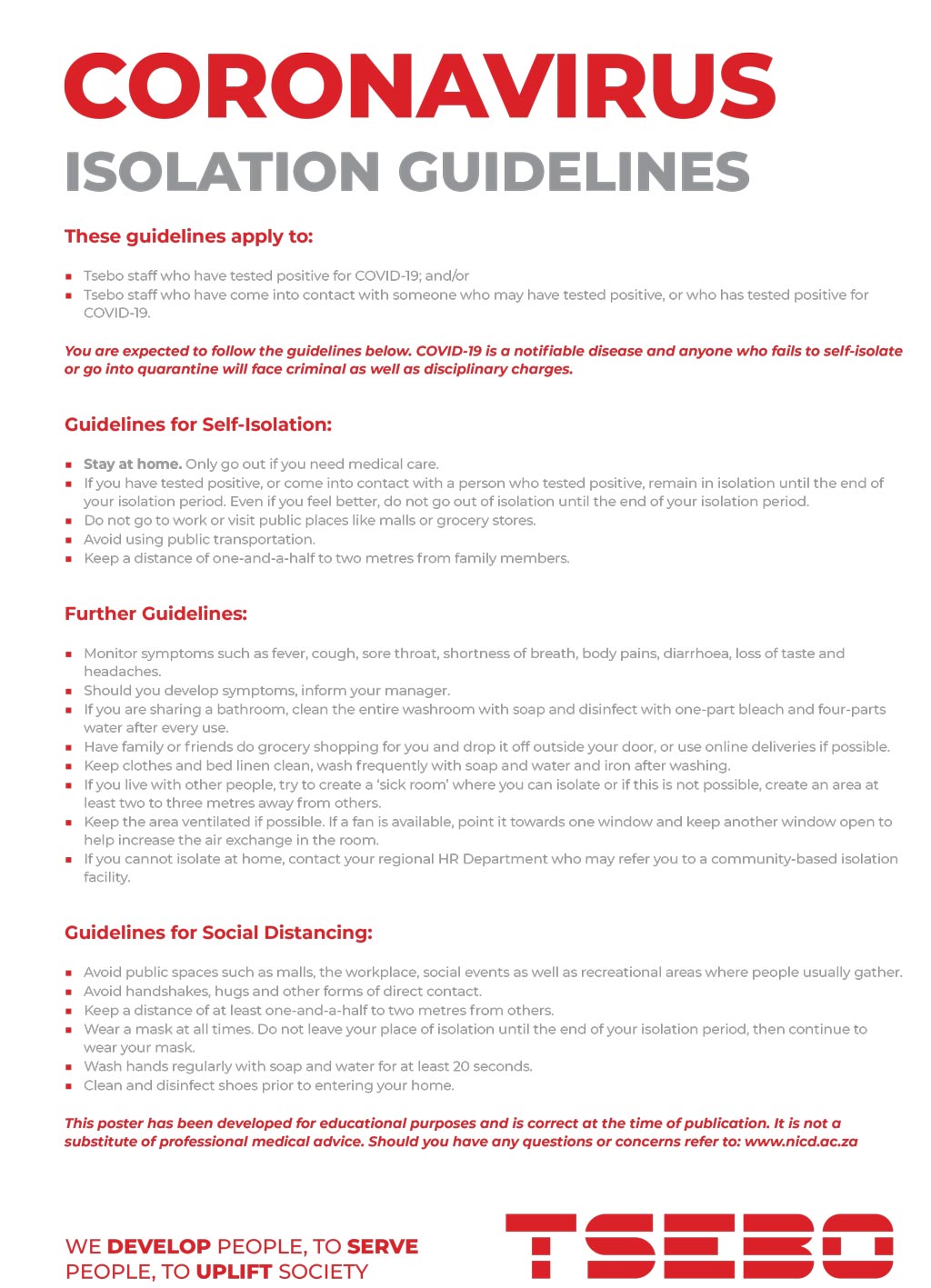Close Protection (CP), or bodyguarding, has been around for centuries and entails safeguarding a client or ‘principal’ through proactive and reactive measures. In the ‘Dark Ages’ of Close Protection, the focus was on purely physical barriers, including ‘gates, guns and guards’ to protect the client.

However, in response to an increasingly sophisticated adversary and a rapidly changing threat landscape the industry has adapted to embrace technology and adopt a more proactive approach.
Client concerns are varied, but the reasons for hiring a Close Protection Officer (CPO) usually centre on one or more of the following:
- Security risks associated with the area of operation. A CPO/security detail may be required to secure a client during travel or residence in an area that is plagued by high crime, poor security services, and heightened risk. Potential risks include opportunistic crimes, such as harassment and robbery; or more targeted attacks, such as a car hijacking and kidnapping for ransom.
- A duty of care requirement. Duty of care is a company’s moral or legal obligation to ensure the safety of its employees, or other identified persons. A company has a duty to protect their employees who are placed at risk as a result of their corporate responsibilities.
- Concerns related to business continuity. Business continuity is an organisation’s ability to ensure operations are not severely affected by an unplanned incident. A critical security-related incident involving a senior member of a company could potentially result in dire consequences, including a direct impact on business continuity and brand reputation.
- Association with status and position. The use of a CPO or security detail is often associated with wealth and is used to convey standing. This is largely restricted to government delegates and, to a lesser degree, celebrities.
CAN A CPO MITIGATE RISK?
Yes. A well-trained and experienced CPO or security detail, armed with a thorough understanding of the operational environment and potential threats, can mitigate client risks to as low as reasonably practicable.
A CPO can detect potential adversary action and develop appropriate mitigation strategies by:
- Compiling a detailed security risk assessment (SRA);
- Counter surveillance;
- Intelligence gathering and;
- Threat analysis.
In most instances, the presence of a CPO is sufficient to deter a potential adversary as criminals tend to target people who appear vulnerable and less likely to present resistance. CPOs are an important protective barrier between a potential adversary and the client and can immediately respond to an incident or advise a client of an emerging or imminent threat.
SECURE DRIVER VERSUS A CPO
A Secure Driver is a screened and vetted security officer who has undergone specialist driver and incident management training. Although often highly trained, a secure driver is not a CPO. Some companies prefer to use of a secure driver instead of a CPO, largely because of the higher costs associated with a CP service.
There is no ‘one size fits all’
CPOs and secure drivers fulfil specific functions and using either or both, as part of a security detail, will depend on the client’s risk profile and environment in which they operate. A CPO should not be used as a secure driver and vice versa.
In areas of minimal risk, a secure driver will suffice. In areas of significant risk, however, it is vital to have maximum surveillance while in transit and a two-man team (i.e. secure driver and CPO) will significantly increase surveillance, threat identification and response capability. A good secure driver pays attention to the road, manages the vehicle’s operation and performs secondary surveillance; whist while the CPO conducts direct surveillance, especially at critical choke points such as traffic lights and road mergers, and manages the response to threats.
It is difficult to quantify the success of CPOs as it is almost impossible to determine how many planned and opportunistic attacks are prevented as a result of their presence and planning. Given the increased expertise of adversaries and available means of attack; the exceptionally low number of reported incidents involving protected clients is evidence that a professional, experienced secure driver/CPO/security detail can effectively mitigate and manage potential attacks against clients.
Gareth J Hicks
Close Protection professional with more than 25 years’ local and international experience
To find out how we can help you with all your CPO needs, please click here.
OR GET IN TOUCH:
+27 (0)21 948 0474
specialisedservices@thorburn.co.za



